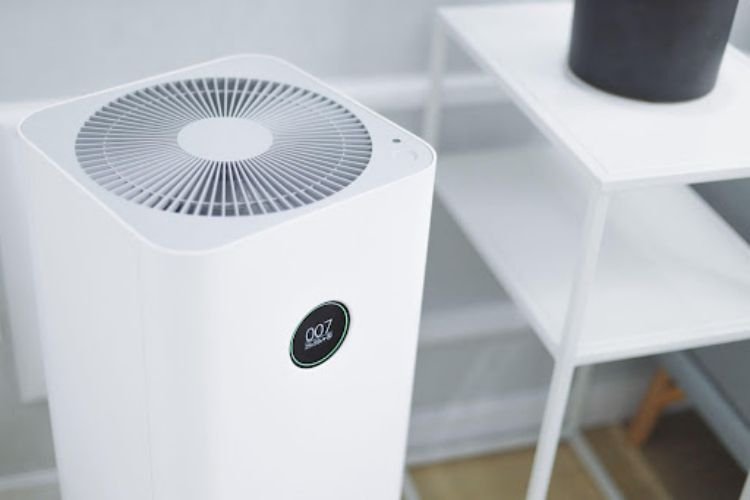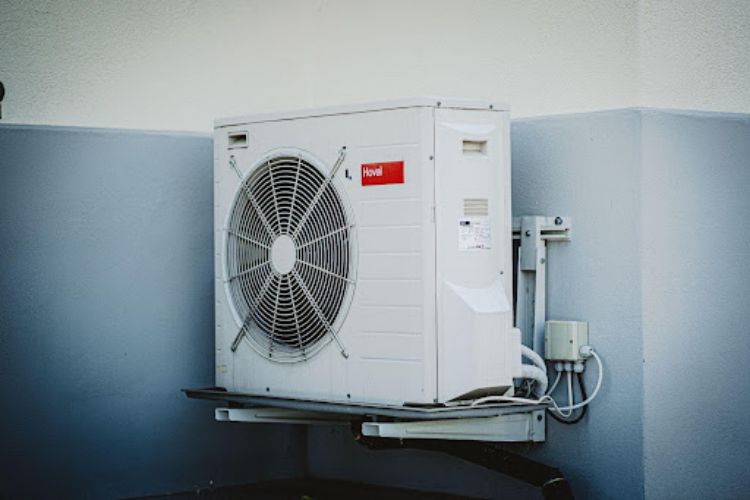 Most homeowners are aware of the common issues that can happen with their air conditioners. It can occasionally be a failure of some sort, an electrical issue, or dirty air filters causing the problems. Then there are the times when you may not be able to describe it, you sometimes simply have a gut feeling that something is wrong with your air conditioner. So what are the not-so-common issues you could have with your air conditioning unit?
Most homeowners are aware of the common issues that can happen with their air conditioners. It can occasionally be a failure of some sort, an electrical issue, or dirty air filters causing the problems. Then there are the times when you may not be able to describe it, you sometimes simply have a gut feeling that something is wrong with your air conditioner. So what are the not-so-common issues you could have with your air conditioning unit?
Animals eating your ductwork
Nobody wants to consider a little animal getting into their ducts and eating through them, but we have to accept the possibility that it could happen. It is conceivable, and during the winter, animals adore the warmth that comes from your ducting. The toasty oasis of the warm ductwork is a great place to spend the winter.
Typically when an animal gets inside your ductwork and causes damage it’s because the sound of the motor turning on scares them and they begin to try to claw their way out.. It’s simple for rodents and other animals to nibble their way through ductwork, which causes you a huge, obvious problem resulting in hundreds, possibly thousands of dollars worth of damage.
Water damage to your air conditioner
We are all aware that practically everything that comes into contact with water is destroyed, and this includes electrical systems. Water leaks in the area may really cause damage to your air conditioner. At this point, it’s imperative that you contact Milford Ohio AC Repair specialists, as this situation can still be remedied quickly at this point.
Mold and mildew can start to spread if water damage enters your ducting or the area surrounding it. Because UV light cannot kill the mold and mildew, these spores begin to accumulate in your ductwork.
Mold and mildew can cause damage to your unit, as well as structural damage to your home, and could potentially cause issues for people with asthma, allergies, or other respiratory problems. Calling a licensed HVAC technician who can test the mold, as well as use an EPA-approved cleaner for HVAC units is generally suggested if you believe you may have water or mold issues.
The a/c unit begins to sink
Almost all outdoor air conditioner cabinets are typically set on stone slabs. This is so that they won’t cause the cabinet to gradually bury itself in the earth. Sinkage, where the ground gives way beneath the structure and it literally starts to sink, can be brought on by the unbalanced weight distribution and increased vibration.
This may also yank refrigerant pipes from the structure and perhaps result in more expensive damage. It’s possible that your appliance wasn’t fitted correctly. This is most likely the situation if your unit is newer.
It might, however, have been brought about by unforeseen natural events. The earth beneath the concrete pad where your condenser unit is installed may deteriorate as a result of extreme weather events like floods and hurricanes. There is absolutely no way to stop this; it just sort of happens over time.
 A surplus of refrigerant
A surplus of refrigerant
Your air conditioner is filled with a specific amount of refrigerant when it is installed. We call the amount of refrigerant the refrigerant charges. This refrigerant charge should remain constant for the duration of the system’s life.
Please note that refrigerant does not require frequent refilling; do not let a do-it-yourself handyman convince you otherwise. However, if an air conditioner has too much refrigerant in it, your cooling system could suffer. It alters the pressure in the system negatively, which harms the internal parts.
Additionally, it increases the possibility that cold refrigerant can “slug” into your compressor and mix with the oil, which will cause the compressor to burn out. Replacing the complete system is usually in your best interest if the compressor is beyond repair.
Short-Cycling
When an air conditioner cycles repeatedly and quickly on and off, it is said to be short cycling. Short cycling is the practice of an air conditioner’s cooling cycle being shorter than it should be. If you’ve ever noticed your unit comes on and off in ten-minute increments, this is a common shorty cycle (https://www.thespruce.com/what-it-means-when-furnace-is-short-cycling-5208093) pattern.
When it’s cold outside, the breaks will last longer. AC brief cycling, though, throws off this pattern. Two culprits of short cycling could be improper installation of the HVAC unit, or the unit may be too big. The majority of homeowners are aware that a system that is inadequate for cooling their home won’t be effective.
Fewer homeowners, however, are aware that too big of a unit can cause just as many problems. The issue with a unit that is too big for the home is that your thermostat’s fixed temperature is reached too rapidly, and the compressor shuts off.
However, it doesn’t run long enough to completely exhaust the heat in your home, causing the temperature to spike once more. This will have a negative impact on the system’s performance and shorten its lifespan.
For professional assistance with AC repair or any other restoration needs, don’t hesitate to contact Restoration Pro. Their experienced team specializes in mold removal and various restoration services to ensure your home or business remains safe and comfortable.




